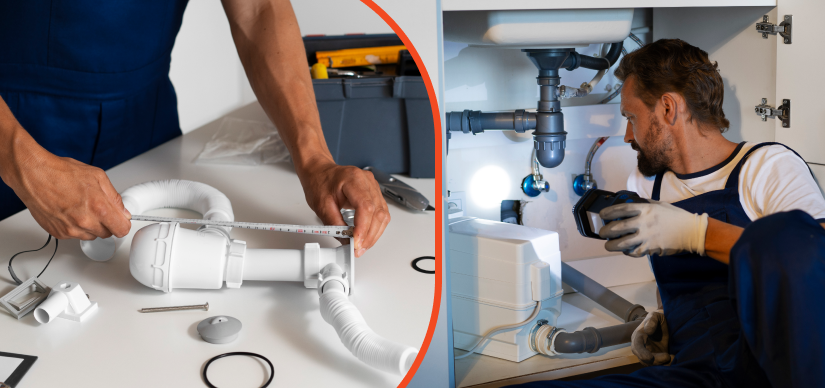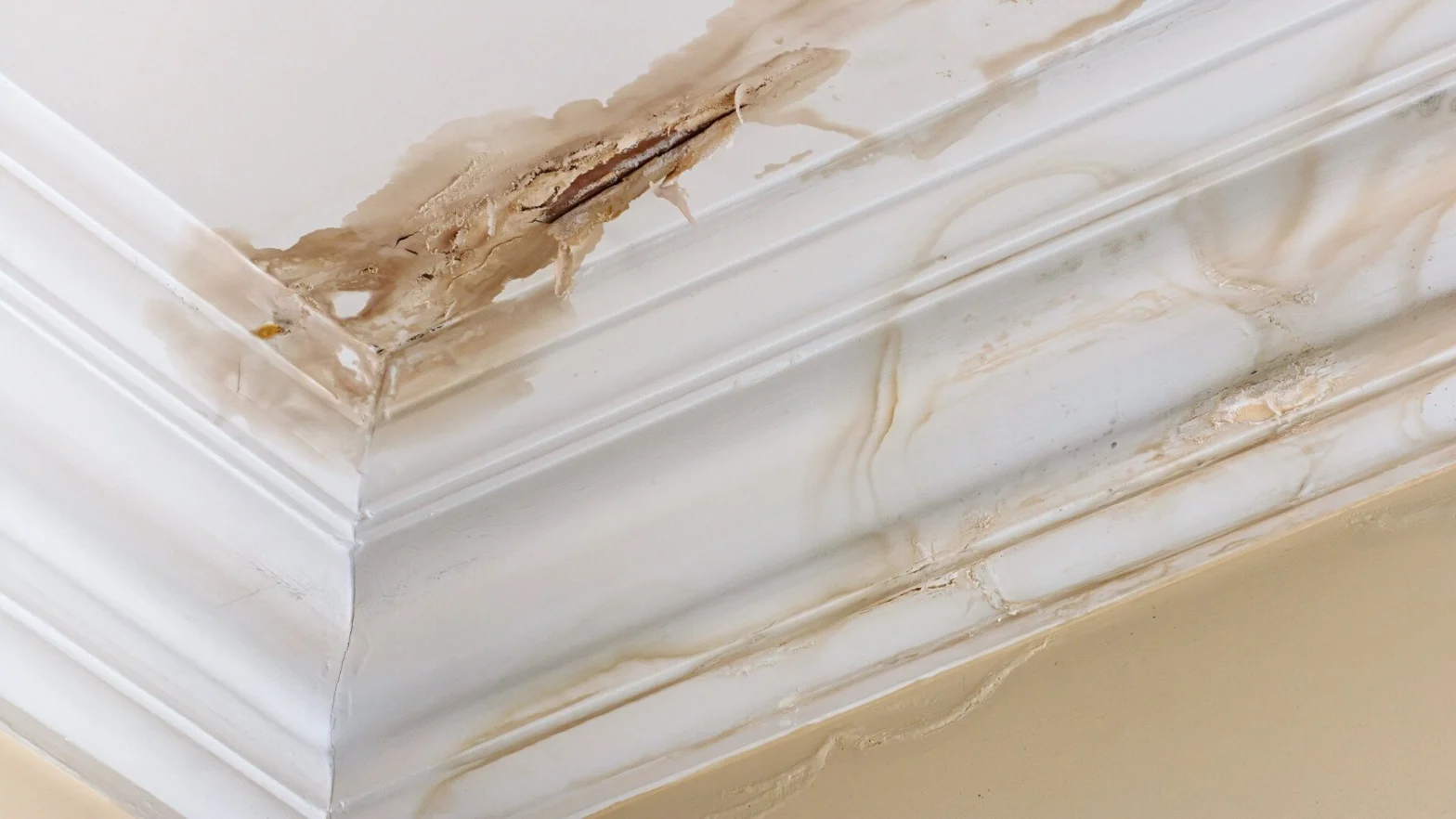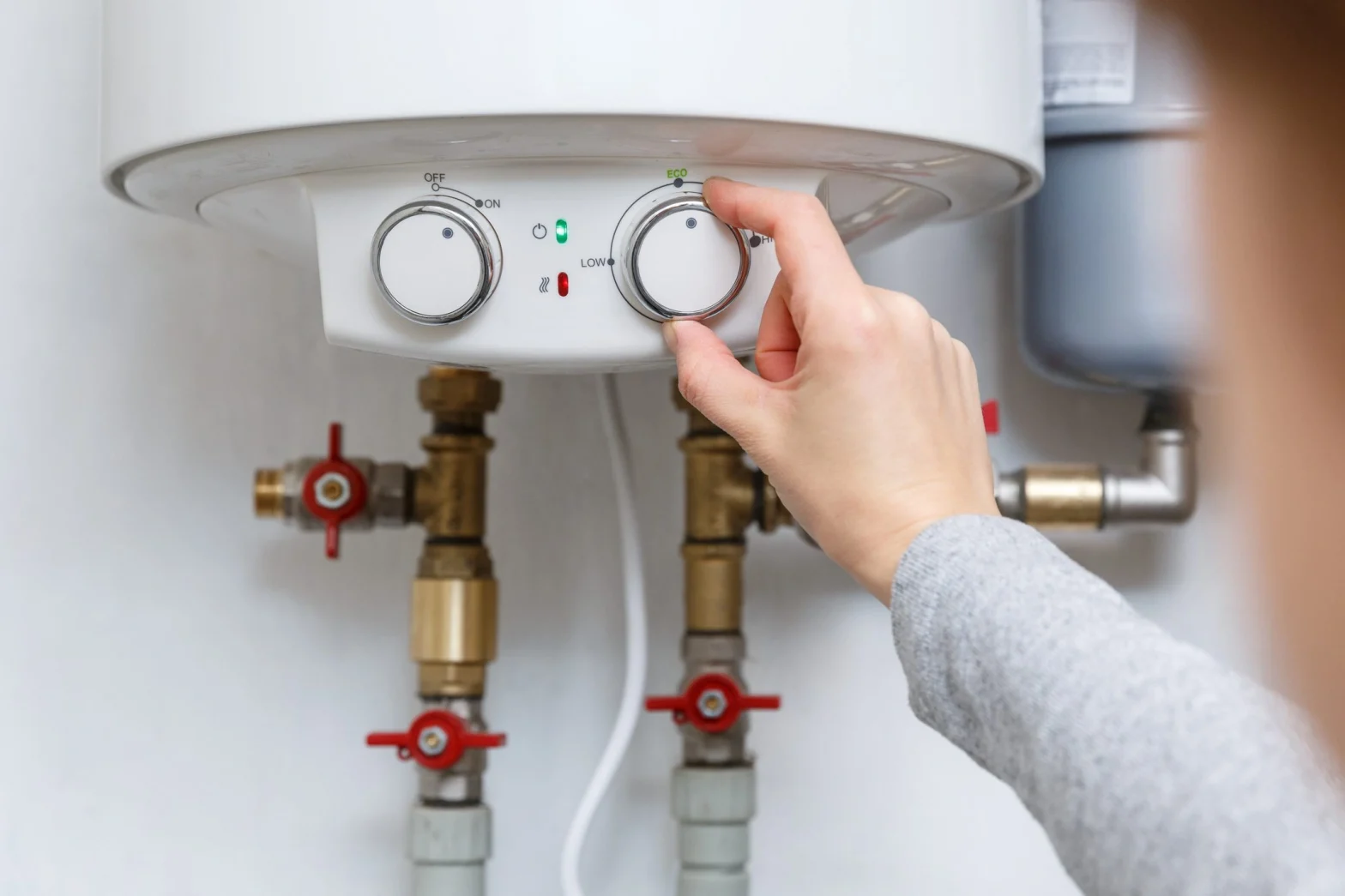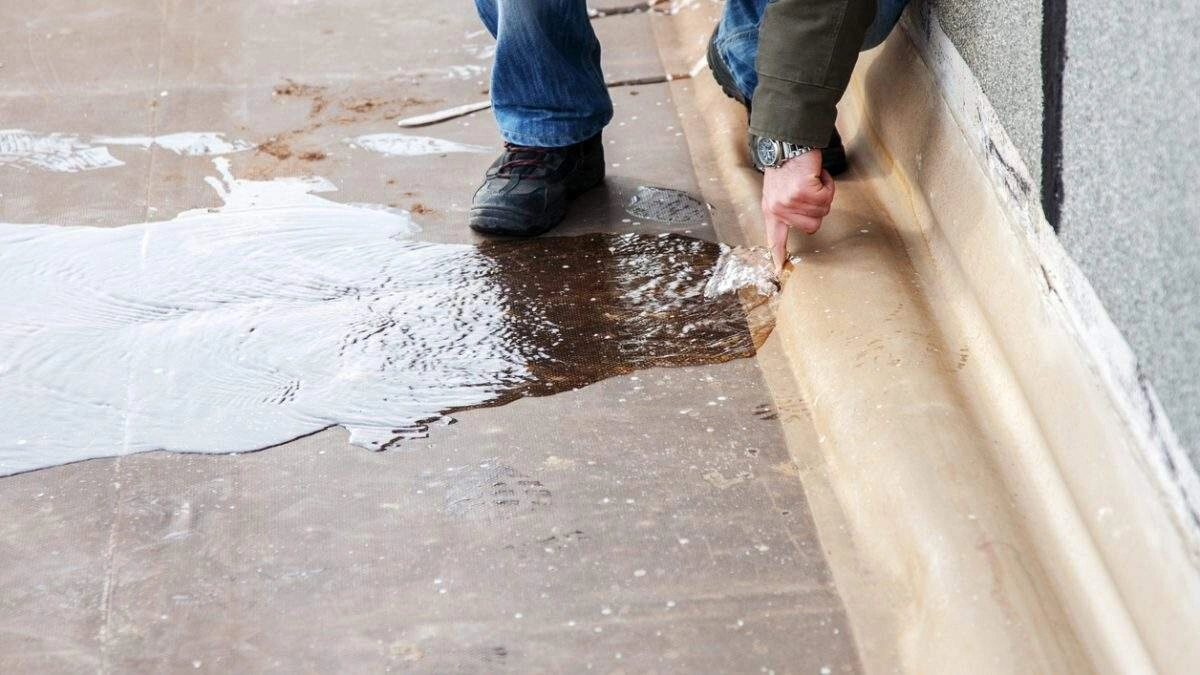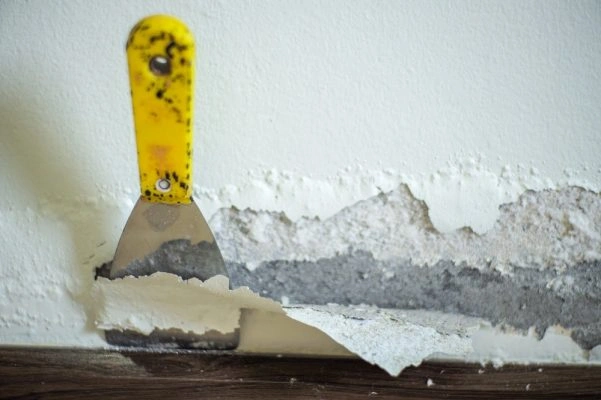Preparing Yourself and Your Home for a Visit from a Professional Plumbing Service
Preparing Yourself and Your Home for a Visit from a Professional Plumbing Service
Critical plumbing problems necessitate the expertise of professional plumbers. However, when you plan their visit to your doorstep, it’s good to be prepared. Planning for their visit can benefit both parties and help to fix the plumbing issue without any hassle. In this article, you will learn how to prepare yourself for the visit of a professional plumbing service.
Understanding the Problem
Attempt to comprehend the fundamental source of the issue. Offer precise details regarding the matter and emphasize the particular concern that demands attention. This approach aids in problem identification and the pursuit of potential resolutions without expending additional time and effort. As an illustration, in the event of an inadequately functioning shower due to a lack of water supply, ascertain that the water supply valve is in the open position.
Choose the Right Professional Plumbing Service
In the panic of solving the plumbing issue as soon as possible, it’s likely to make a mistake in choosing the right plumbing professional. Make sure the service you choose is reputable and has a successful track record with previous clients. You can do this by looking at reviews on their Google My Business profile, reading testimonials, or directly talking to their previous clients. When reviewing testimonials, don’t focus solely on positive reviews; sometimes, negative reviews are also genuine.
Scheduling the Appointment
Once you’ve selected a reputable and genuine plumbing service company, schedule an appointment. This will help you avoid time clashes between your availability and the plumbing service’s available time frame. A good approach is to ask the plumbing service about their available time slots and choose a home visit time that aligns with your schedule.
Clearing the Work Area
To enable a plumber to work efficiently and safely, customers should prepare the job site by clearing clutter in advance.
The area where access to plumbing systems is required should be freed of obstructions. Remove excess furniture, carpets, decor items, etc. to open up the space. Tight quarters can impede movement and pose tripping hazards.
Gather Necessary Information
Collect all the necessary information regarding your plumbing equipment that the technician may require during the plumbing process. This includes details about your plumbing equipment, its specifications, installation date, warranty, model number, etc.
Prepare Your Questions
Gathering information alone is not enough; you should also be ready with relevant questions to ask the technician before they begin the plumbing process. Some of the questions can include:
- Licensing: Is the plumber licensed?
- Insurance: Does the plumber have insurance?
- Specialty: Does the plumber have a specialty?
- Warranty: Does the plumber offer a warranty on their work?
- References: Can you provide a few references?
- Hours of operation: What are the plumber’s operating hours?
- Fees: Can you provide a breakdown of all fees?
Asking these questions ensures clear communication between you and the plumbing service, leading to a more effective solution.
Safety Measures
Adhering to safety best practices is critical for plumbers to prevent accidents when working. Prior to starting any plumbing job, the work area must be secured by taking key precautions. Shutting off the main water supply line and turning off electrical power to the site are essential first steps.
This isolates the plumbing system and removes hazardous live power. Other preparations include putting up warning signs or barricades, wearing protective gear, setting up adequate lighting, and preparing tools and equipment to be in good working condition.
For tasks like soldering copper pipes, additional precautions are required such as fire extinguishers, smoke alarms, and removing flammable objects from the area. Proper ventilation is vital when working indoors. The work site should have clear evacuation routes secured.
Having emergency support contacts handy is also advised. Plumbers should inspect areas thoroughly before and after completion of work to ensure no residual safety hazards exist. Taking the time to establish a safe working environment is a crucial best practice for plumbing professionals to avoid preventable accidents.
Respecting the Technician’s Work
When a technician is performing work on your premises, it is important to provide them adequate room to work efficiently. Avoid hovering near or interrupting the technician unnecessarily. Allow them to concentrate fully on the task at hand for best results.
Maintaining a respectful distance and minimizing disruptions enables the technician to focus with clarity. They can better apply their skills and expertise. Excessive interference or conversations can break their train of thought and cause distractions.
Payment and Paperwork
To make the service transaction efficient for both the customer and the plumber, it is advisable to have payment and paperwork ready before the work begins.
Customers should proactively communicate with the plumber to confirm acceptable payment methods in advance. Options like cash, check, credit card, or digital wallet should be clarified so payment can be swiftly completed upon job completion.
Having any necessary documents or paperwork compiled ahead of time also minimizes delays. Required permits, work orders, warranty information etc. should be organized to expedite signing formalities.
Post-Service Inspection
Once a plumbing job is finished, customers should thoroughly inspect the work for completeness, quality, and proper functionality.
Checking that the project fulfills all discussed requirements and meets expectations is vital while the plumber is still on site. Testing the repaired or newly installed plumbing system for leaks, drainage, flow pressure etc. will confirm everything is working adequately.
Emergency Plumbing Service
Plumbing problems often demand immediate attention; waiting for days is not an option. Therefore, it’s crucial to opt for an emergency plumber services that provides round-the-clock assistance, ensuring 24-Hour Emergency Plumbing solution of your plumbing issues.
DIY vs. Professional Plumbing
Before seeking professional plumbing services, attempt to resolve the issue yourself. Doing so can save time and money for minor problems. However, it’s wise to seek professional help for complex or highly technical plumbing issues.
Conclusion
By adhering to the steps outlined above and choosing a plumbing service provider that offers 24-hour emergency plumbing services while also maintaining a favorable reputation among customers, you can guarantee a seamless and effective experience when a skilled plumber arrives at your residence.


